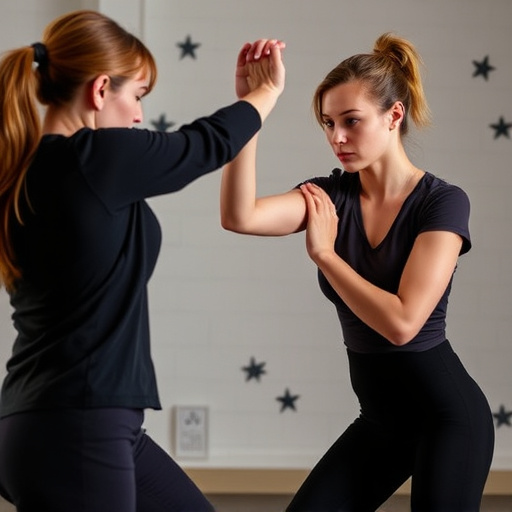This text provides essential self-defense for women tips, emphasizing practical strategies and mental resilience. It recommends assertive communication, awareness, and simple physical techniques alongside regular practice to enhance body control. Understanding legal rights and carrying defensive tools is crucial, along with staying informed about specialized self-defense classes. Mental preparation through mindfulness, visualization, and affirmations builds confidence and composure in dangerous situations, ensuring women are ready both physically and mentally.
Understanding Self-Defense: Why It's Crucial for Women
Physical Strategies: Building Confidence and Skills
For many women, the idea of self-defense conjures images of physical strength and martial arts prowess. While it’s true that these skills can be valuable tools, effective self-defense is not solely reliant on brute force. Building confidence and learning practical strategies are two key aspects that empower women to defend themselves in various situations. This involves understanding your body, its capabilities, and its limitations. Through regular practice, you can develop the strength, balance, and coordination needed to deter potential attackers.
Self-defense classes for women often focus on assertive communication, awareness of surroundings, and simple yet effective physical techniques. Learning how to use everyday objects as weapons, applying joint locks, or utilizing simple strikes can provide enough time to escape a threatening situation. The goal is not to become a martial arts expert but to gain the skills and mindset needed to protect yourself with confidence, making you a less appealing target for potential assailants.
Situational Awareness: Preventing Hazards Before They Arise
Situational awareness is a critical component of personal safety and one of the most effective self-defense strategies for women. It involves being conscious of your surroundings at all times, anticipating potential dangers, and making informed decisions to prevent hazards before they escalate. By cultivating this skill, you can spot suspicious behavior or unusual activities early on, allowing you to take proactive measures to ensure your safety.
Here are some practical tips to enhance situational awareness: stay alert and observe your environment, notice any changes in the atmosphere, trust your instincts if something feels amiss, and be aware of your surroundings even in familiar places. Regularly assessing potential risks enables women to quickly respond to threatening situations, making them less predictable and more capable of defending themselves effectively.
Legal Aspects: Knowing Your Rights and Tools at Hand
When considering self-defense strategies for women, understanding the legal aspects is a crucial component. Knowledge of your rights can empower you to protect yourself effectively while navigating potential legal consequences. Familiarize yourself with local laws pertaining to self-defense and when force is considered reasonable. This awareness ensures that any actions taken are within your legal boundaries, providing a solid defense if needed.
Having the right tools at hand, both literal and figurative, can significantly enhance your ability to deter and defend against potential threats. Carry essential items like pepper spray or personal alarms, and ensure you’re aware of their proper use. Additionally, stay informed about self-defense classes or workshops that teach effective physical techniques tailored for women’s safety. These tools and skills empower you to assert control in dangerous situations while understanding your legal protections.
Mental Fortitude: Preparing for Any Scenario
Mental fortitude is an often-overlooked yet critical component of self-defense strategies for women. It’s preparing your mind to stay calm, focused, and confident in any scenario, whether you’re walking alone at night or facing a potential threat. Building this mental resilience involves practicing mindfulness, visualization, and positive affirmations daily. Imagine different situations and visualize yourself handling them with poise and assertiveness. Remind yourself that you are capable and empowered to protect yourself.
This preparation isn’t just about physical readiness; it’s also about cultivating an attitude of self-assurance. When faced with a challenging situation, mentally rehearse various self-defense techniques and the steps you’d take to escape or defuse the threat. Regularly practicing these mental exercises can help reduce anxiety and increase your ability to make quick, clear decisions under pressure, ensuring you’re equipped not just physically but also mentally for any unexpected event.
